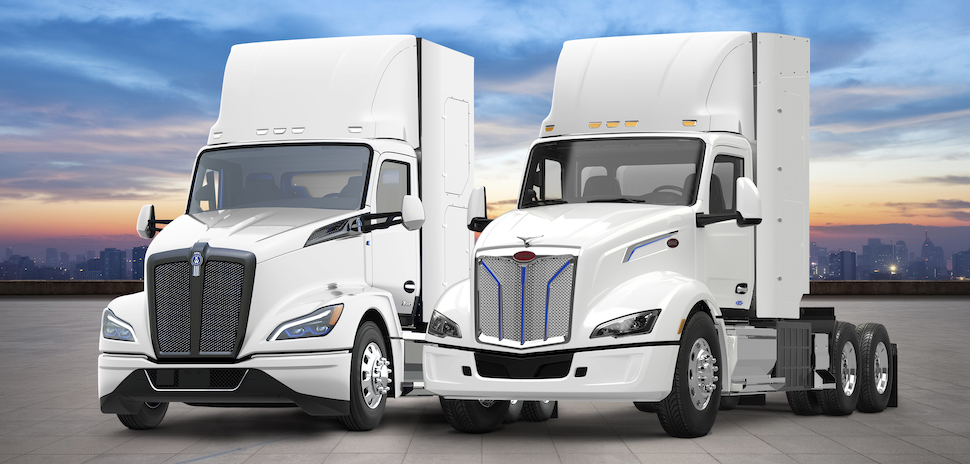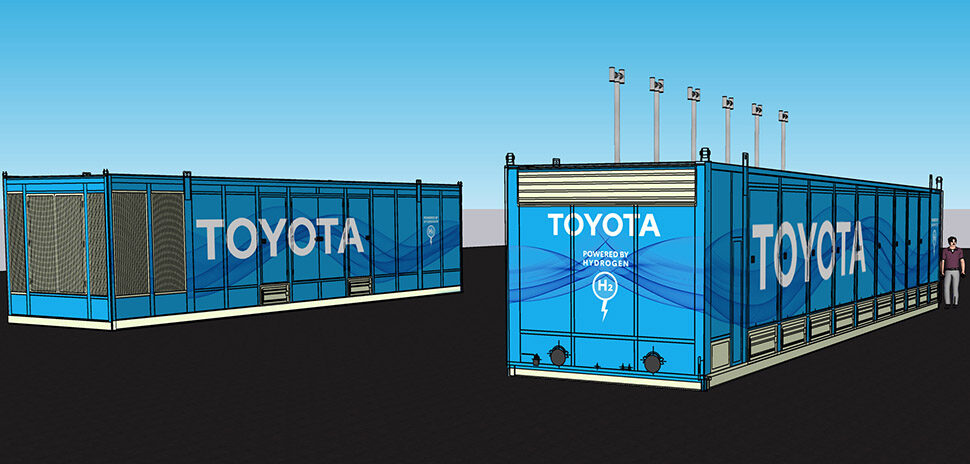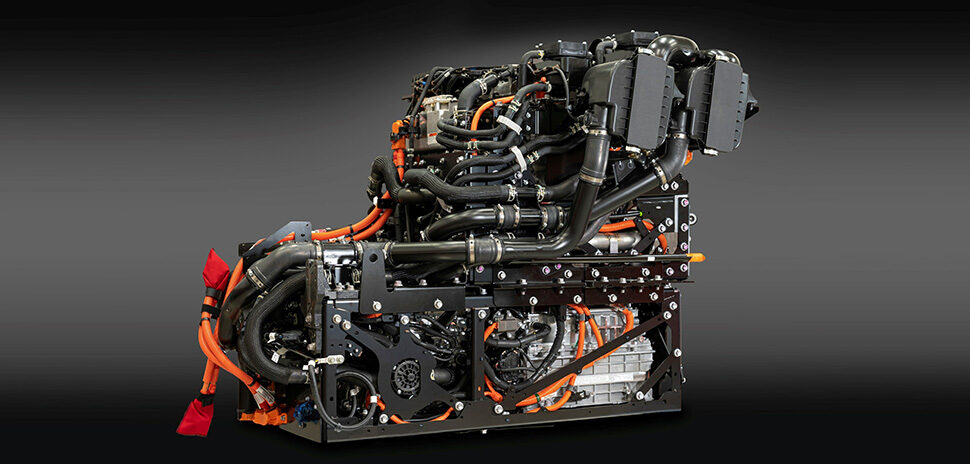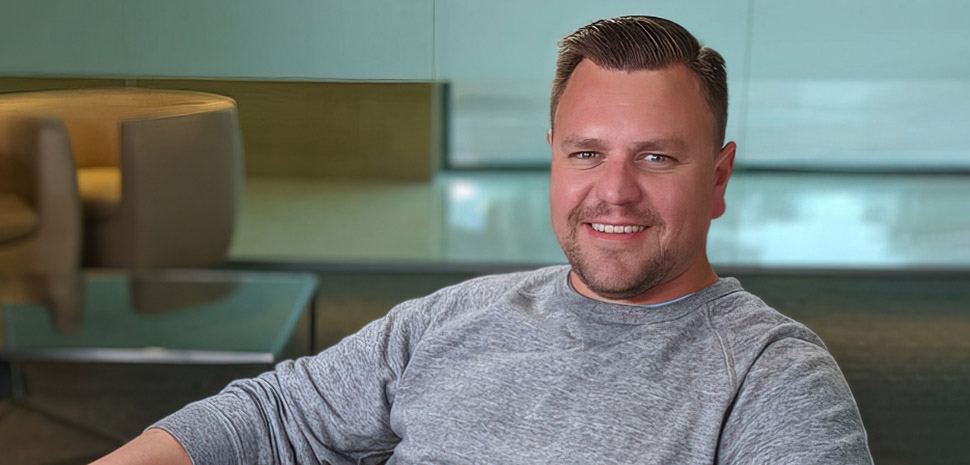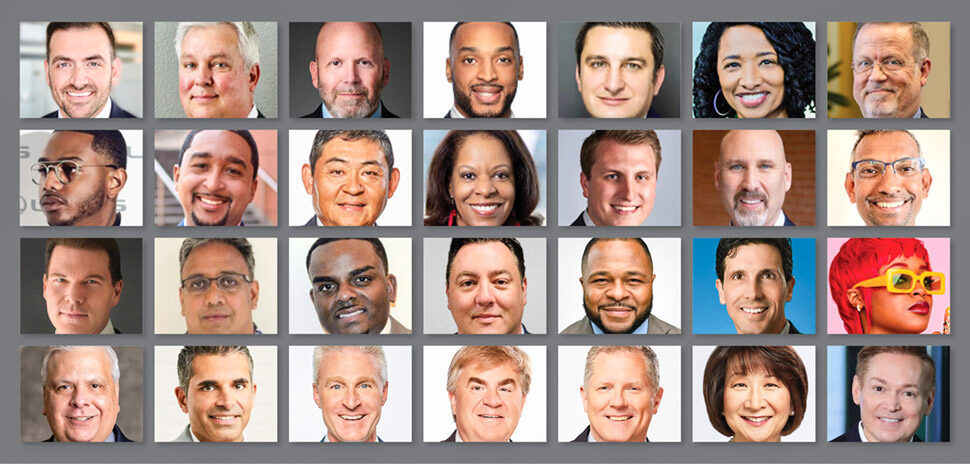Plano-based Toyota North America and truck maker PACCAR have expanded their joint efforts to develop and produce zero emissions, hydrogen fuel cell Kenworth and Peterbilt trucks powered by Toyota’s next-generation hydrogen fuel cell modules.
The expanded agreement supports ongoing development and commercialized zero-emission versions of the Kenworth T680 and Peterbilt 579 models featuring Toyota’s hydrogen fuel cell powertrain kit. Initial customer deliveries are planned for 2024, the companies said.
Paccar operates a Peterbilt manufacturing facility in Denton.
Collaboration dates back several years
Bellevue, Washington-based PACCAR and Toyota have collaborated on fuel cell electric vehicle (FCEV) truck development for the past several years, including a successful pilot program which deployed 10 Kenworth T680 FCEV trucks at the Port of Los Angeles.
The pilot provided both companies with real-world feedback that further enhanced the performance and range of the vehicle.
Designed for use in heavy-duty commercial vehicles, Toyota’s heavy-duty fuel cell electric powertrain kit recently was awarded the Zero Emission Powertrain certification by the California Air Resources Board (CARB). Toyota will begin assembly of the modules in the United States in late 2023.
‘A viable carbon-neutral option’
“Having worked extensively with the Toyota team, we are confident that our combined efforts can deliver industry-leading FCEV trucks with all of the quality, reliability and aftermarket support that Kenworth and Peterbilt customers depend upon,” John Rich, PACCAR chief technology officer, said in a statement. “This partnership further expands PACCAR’s industry-leading lineup of zero emissions vehicles that enhance customers’ operational efficiency and reduce their environmental impact.”
Toyota executives say they’re excited about what the hydrogen fuel cell technology can offer the trucking industry.
The company aims to work with PACCAR “to realize a future where Toyota’s industry-leading hydrogen fuel cell technology can power heavy-duty trucks that will travel across highways throughout the U.S. with zero emissions,” Christopher Yang, Toyota Motor North America group VP of Business Development, said in a statement.
“This innovative technology enables us to provide our commercial customers with a viable carbon-neutral option to further their business, while also contributing to Toyota’s mission to reduce and ultimately eliminate carbon from the environment,” Yang added.
![]()
Get on the list.
Dallas Innovates, every day.
Sign up to keep your eye on what’s new and next in Dallas-Fort Worth, every day.










